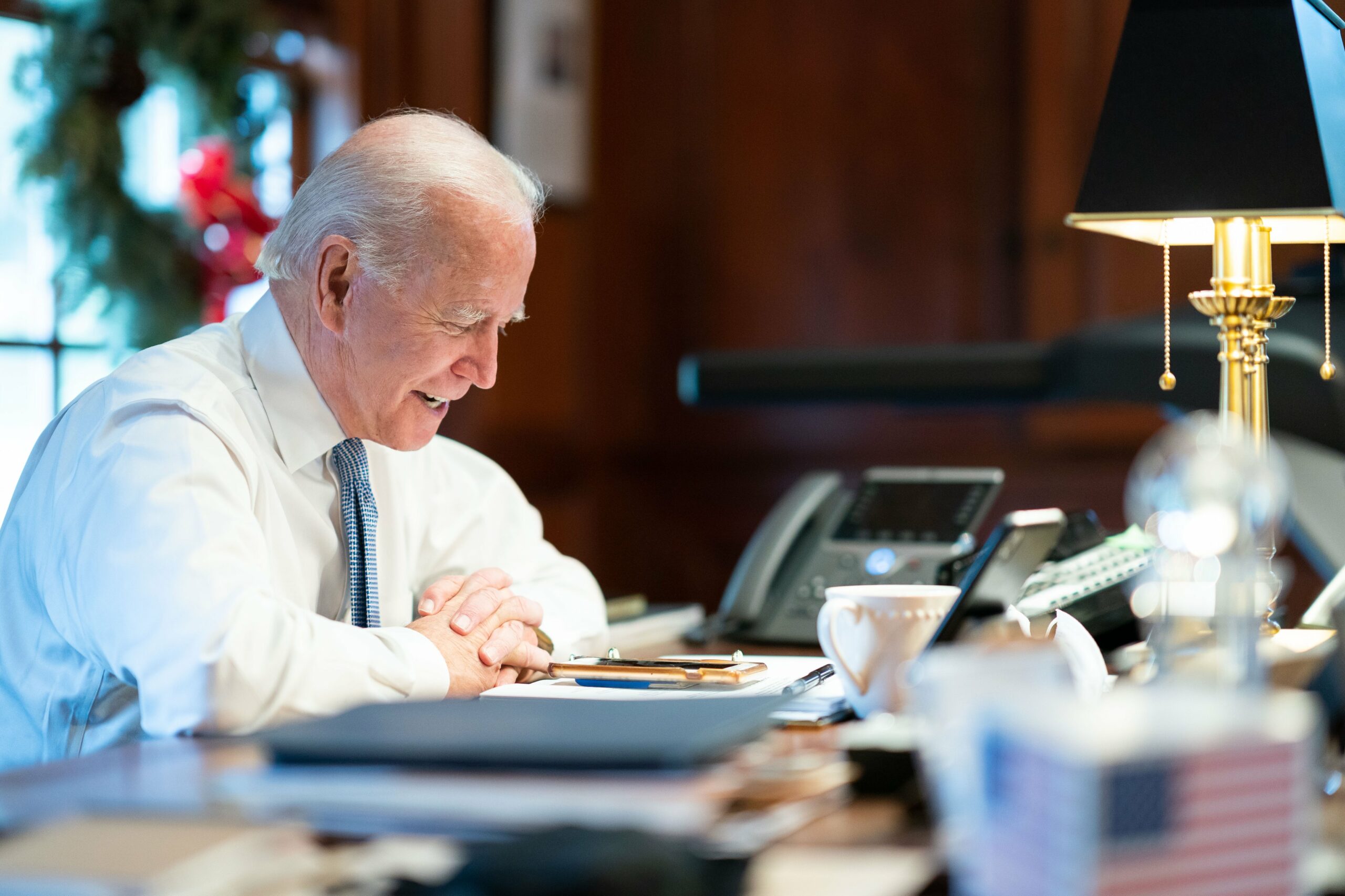When it comes to foreign policy, President Biden is experienced like few others, and his hand on the wheel will be steady. However, internal divisions and foreign suspicions will make the US’ ride rockier – and susceptible to how allies respond to it. Brian Katulis, Senior Fellow at the Center for American Progress, fleshes out the incoming American foreign policy
President-elect [Joe] Biden comes into office with the strongest personal experience and background on foreign policy than any other incoming U.S. president in more than a generation – it was two presidents who had served previously as vice presidents, George H.W. Bush and Richard Nixon, who had a strong knowledge and background. This will help the country build back its foreign policy considerably.
The pandemic response and economic damage done in the past year will dominate the agenda and take up a lot of the bandwidth of Biden and his top officials. But the Biden administration is coming into office looking to implement a major foreign policy reset across the board.
President-elect Biden is assembling a very experienced team to help him implement a new approach on foreign policy – what we’re seeing is a major upgrade in talent and experience.
The analogy I like to use is that if US foreign policy were an airplane, we’ve all been flying in a pretty awful coach class seat, the service is terrible, and the captain is intentionally pulling the plane into erratic loops. With Biden and his incoming team, U.S. foreign policy is going to see a major upgrade to first class – and yes, some people may complain about the different appointments he may have made, but it’s just quibbling – like complaining about the difference between a seat in 1A and 3A. Plus, the captain is steady and experienced.
Two main factors may hamper the ambitious foreign policy reset – political divisions and dysfunction at home, and a long-term problem of growing concerns about America’s strategic consistency and reliability.
On the first factor – the internal divisions at home – the awful incident last week in Congress just highlights a further problem in America of bitterly sharp partisan divisions on every single issue. Those divisions are not going away anytime soon. If America is seen as being incapable of dealing with its own problems – the pandemic, widespread economic pain, and law and order – then the rest of the world is not going to be looking to America as a leader in the way it did for many years after the end of the Cold War.
Plus, the tendency to make foreign policy a partisan wedge issue in America’s politics erodes a shared sense of purpose and direction in the world. Look the early, cheap potshots some Republican Senators took in early commentary on some of Biden’s staff announcements and the lame attempts to link these appointments to serious national security issues like relations with China. This phenomenon of trying to make every single national security question a partisan wedge issue – whether its China, Iran, Israel, terrorism or immigration – actually hinders America’s ability to accomplish as much as it could, given its considerable resources and power.
The hyper-politicization of national security questions is a problem on both the right and the left in America – notably those within the Democratic presidential primary who tried to make national security a wedge issue within the party got defeated badly at the polls – a story you or someone should write about some day.
The second factor that may hamper a foreign policy reset- the growing perceptions of America’s unreliability and unpredictability – is one that won’t be easily fixed as long as Republicans and Democrats continue to tear each other apart over national security questions like China and Iran.
For the past 20 years – basically since 9/11 – the pendulum of U.S. foreign policy has swung wildly from one administration to the next, and countries around the world have noticed. Allies increasingly talk about not being able to count on America – that U.S. foreign policy is increasingly in 2 or 4 years cycles – and adversaries and competitors either wait us out. Some of the most challenging competitors even work aggressively to stoke America’s internal divisions – we see this with countries like Russia, China and even Iran.
President Joe Biden will try to work against these forces at home and negative perceptions around the world – but it will be a tough fight. This struggle to make a shift in U.S. foreign policy will depend on what happens inside of America – but it will also depend on how key allies like Italy respond.








